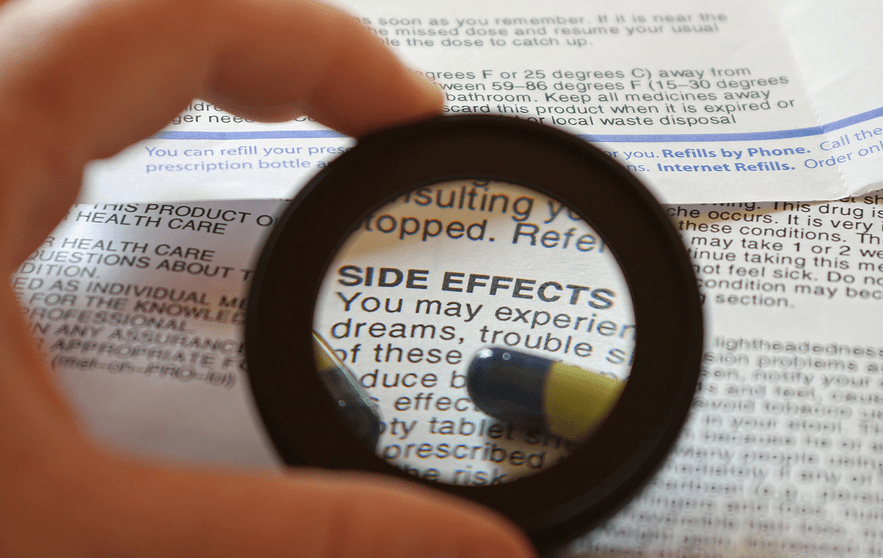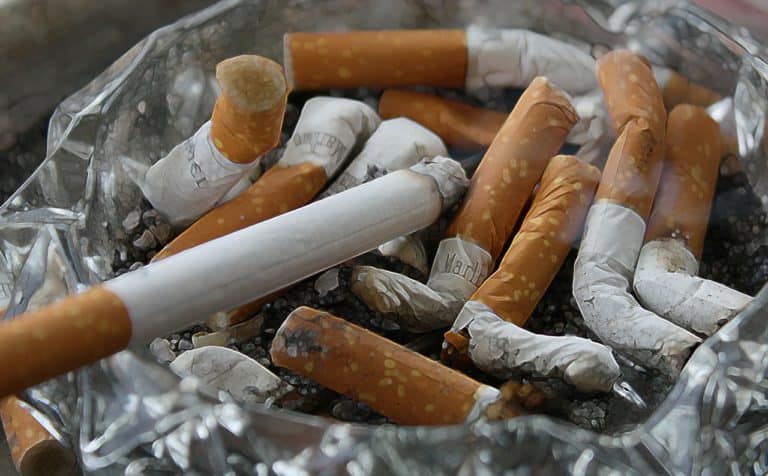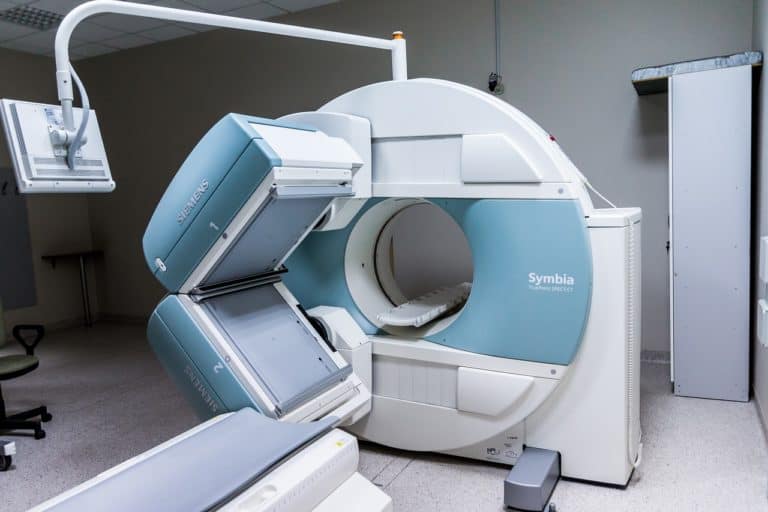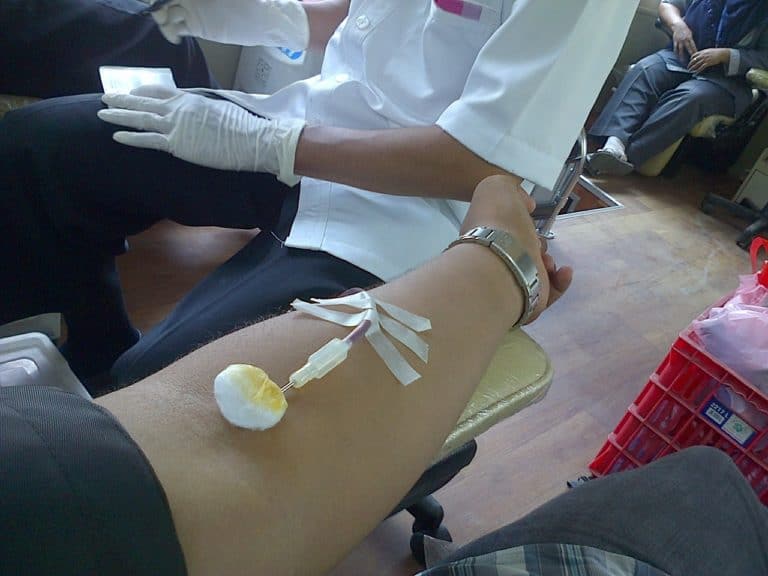It has been a common practice among clinicians to prescribe hormone therapy for early prostate cancer. This approach is effective at suppressing the production of testosterone, a hormone that fuels the cancer. At the same time, however, hormone therapy is associated with significant side effects and, so it appears, another important factor. Now the authors of a new study explain that use of hormone therapy for early prostate cancer patients does not prolong the lives of these men. This finding plus the fact that hormone therapy (also known as androgen deprivation therapy) is associated with life-altering consequences led the study’s lead author, Dr. Grace L. Lu-Yao, to conclude there is “really little evidence to support its use.”
To reach this conclusion, Lu-Yao and her colleagues at the Rutgers Cancer Institute of New Jersey evaluated data gathered from more than 66,700 men aged 66 or older who had been diagnosed with early prostate cancer. The men were followed for up to 15 years. When the investigators compared men who were treated with hormone therapy with those who were not, they found that therapy was not associated with longer survival.
An estimated 233,000 new cases of prostate cancer will be diagnosed in the United States in 2014. Nearly all (more than 90%) will be identified as early prostate cancer. This form of prostate cancer is low risk and has not spread beyond the prostate gland.
Treatment of early prostate cancer often includes watchful waiting (also known as active surveillance), which means patients return periodically to their doctor for examinations to check whether the disease has progressed. This treatment approach is usually suggested for older men who are not among the minority of those who have an aggressive form of the disease.
Why? One reason is that hormone therapy can cause disturbing and life-altering adverse effects, such as an increase in the risk of cardiovascular events, erectile dysfunction, fatigue, bone loss (osteoporosis), penis and/or scrotum shrinkage, weight gain, diarrhea, constipation, hot flashes, a rise in triglycerides, and breast pain. Another reason, according to this study and previous research, is that hormone therapy does not increase the survival of these men.
The take-away message from this study is that men should explore their treatment options and question their doctors if they suggest the use of hormone therapy for early prostate cancer. If you have low-risk prostate cancer and are already taking hormone therapy, talk to your doctor about making a treatment change.
Read more in our Prostate Cancer Health Center.







